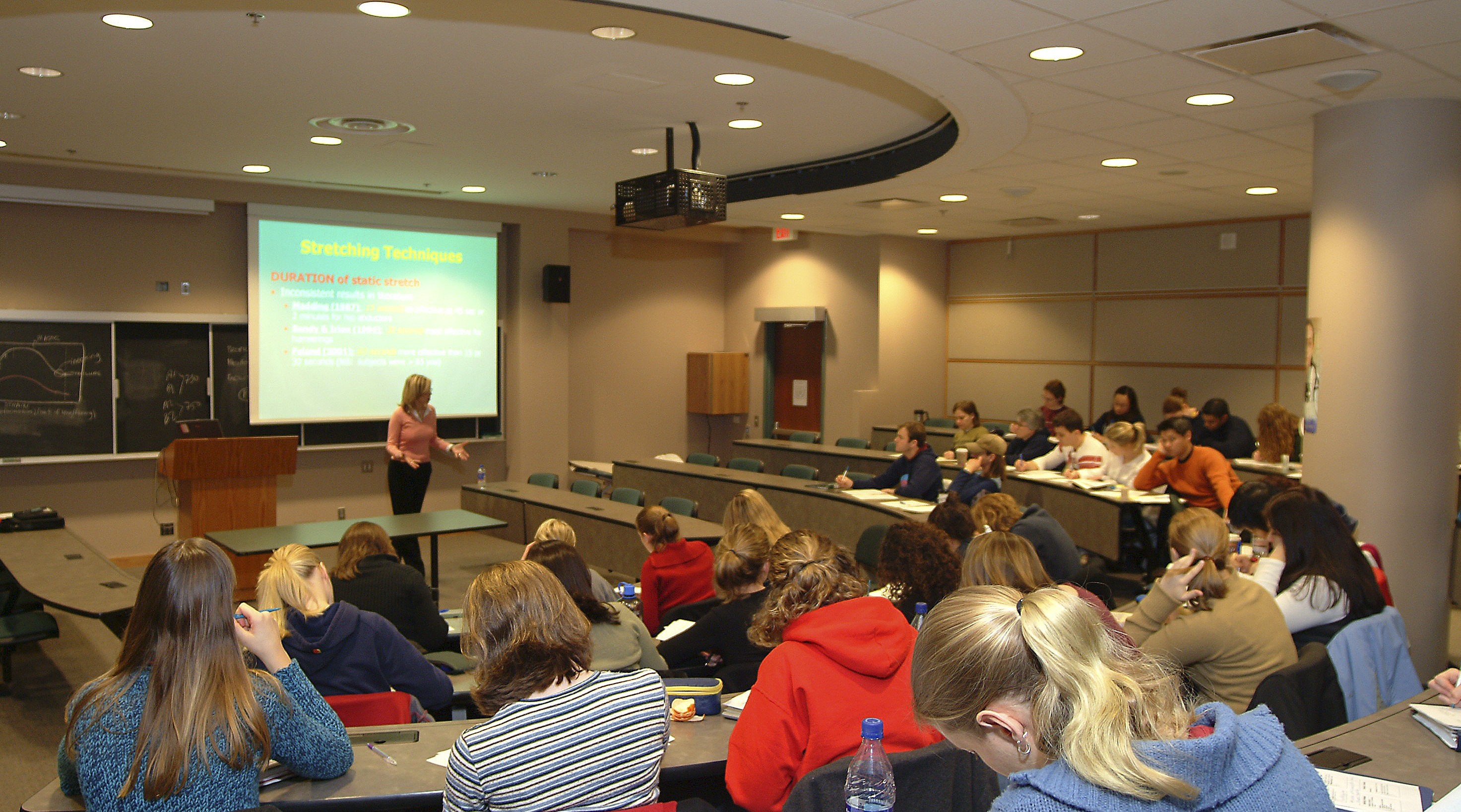This week, Michael Halliday reviews the current situation within ENCAP, particularly its CLCR department and the ongoing discussion between students and lecturers.
This past month has been interesting for students of English Language and Communication. Mere days before they were due to sit exams, a number of students received coursework back with comments and feedback which at best was ambiguous and at worst, belittling and patronising. Some of the comments received included ÔÇÿis this just copy and paste anything you can find?ÔÇÖ and ÔÇÿI can only assume you didnÔÇÖt attend the lectures and seminarsÔÇÖ. These are potentially very damning claims, IÔÇÖm not sure what the implicature of ÔÇÿcopy and pasteÔÇÖ is but my inference is plagiarism which when we have procedures, such as turnitin, in place to check and validate studentÔÇÖs work, it is not the place of the marker to make such assumptions and acrimonious comments.
Imagine how disheartening and discouraging it would be to receive comments like ÔÇÿyour work reads like a series of copied and pasted sentencesÔÇÖ when, ironically, youÔÇÖre revising harder than ever to compensate for your awful (and, in my opinion, overly-harsh) coursework mark with your exam.
After realising that the upset and grievances werenÔÇÖt isolated to just a few students and that it was more of a general trend amongst students, CLCR (Centre for Language and Communication) academic reps took it upon themselves to contact the head of ENCAP, feeling it was necessary to make a bold statement, after having concerns ÔÇÿfobbed offÔÇÖ in Staff-Student Panel meetings in the past.
The reps didnÔÇÖt expect to be taken seriously, perhaps thatÔÇÖs just student cynicism, perhaps itÔÇÖs just previous bad experiences but youÔÇÖll be pleased to hear that they head of school, Mr. Martin Kayman responded immediately and promised to take the issue of non-constructive and sarcastic feedback from markers ÔÇÿvery seriouslyÔÇÖ.
The reps were asked to attend a meeting with Alessandra Tanesini, head of teaching in ENCAP to explain their grievances face to face and make sure they were clearly understood. Dr. Tasenini is currently in the process of developing a focus group/workshop involving both students and markers to decide and set guidelines for what is ÔÇÿappropriateÔÇÖ feedback.
ItÔÇÖs excellent to see lecturers and administrative staff taking student concerns seriously. ItÔÇÖs also nice to see the ethereal wall between the student and the lecturer being dissolved and problems being openly discussed, rather than discontent and unhappiness festering below the surface. This kind of open discussion requires maturity from students to voice their problems in a constructive way but also a sense of responsibility from lecturers to accept that they are not infallible and are subject to the review and criticism of students.





Add Comment